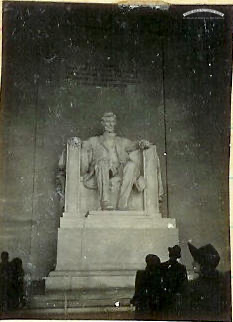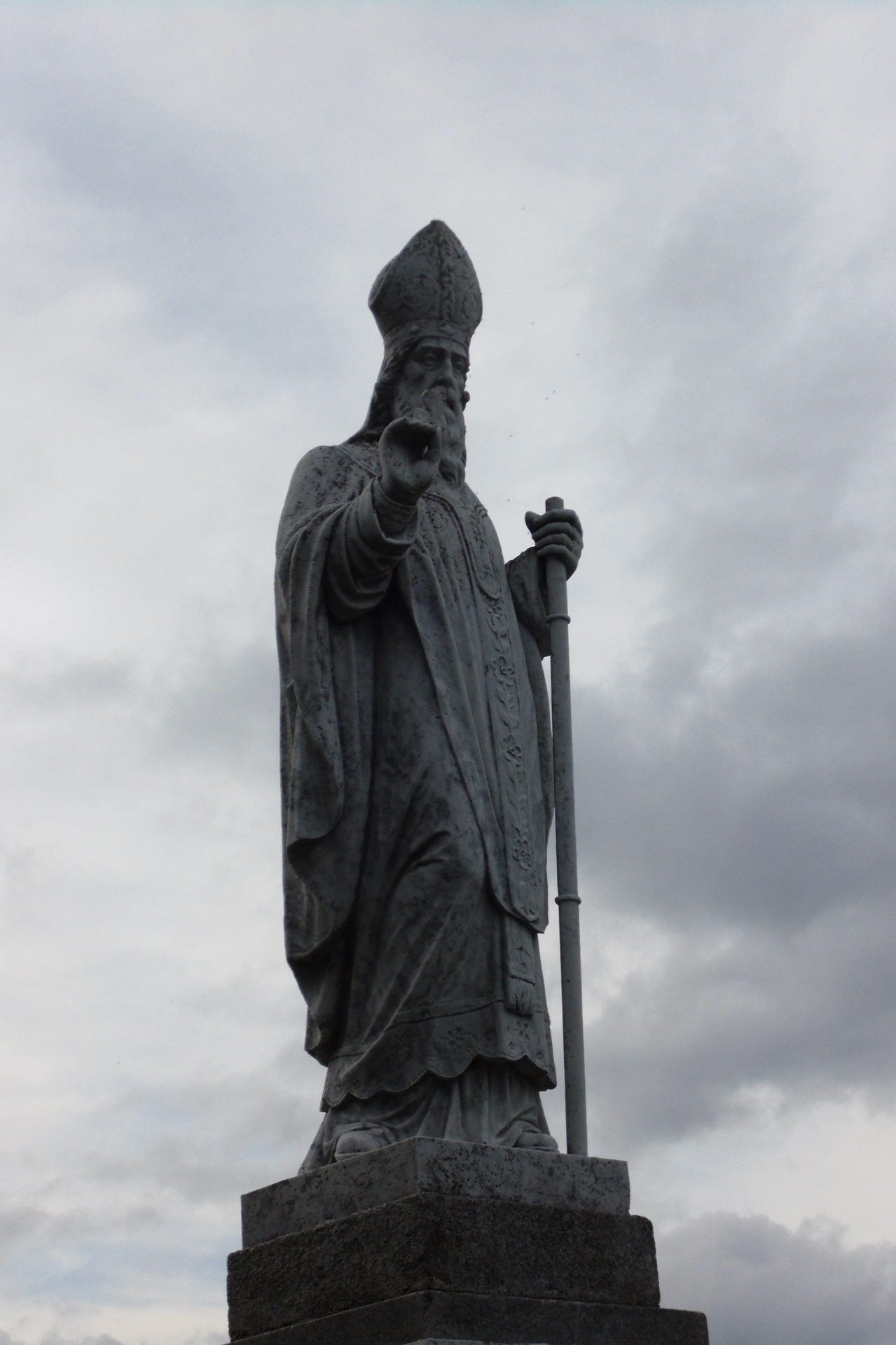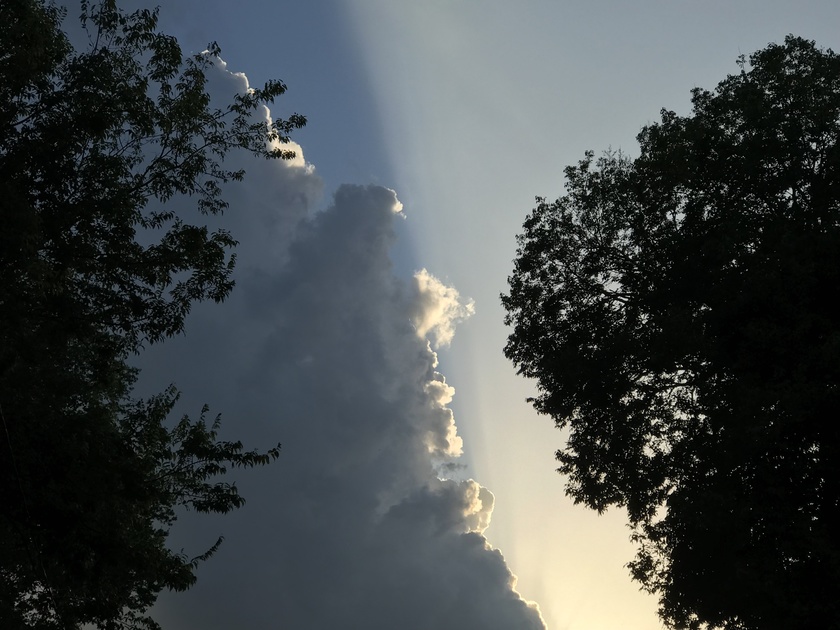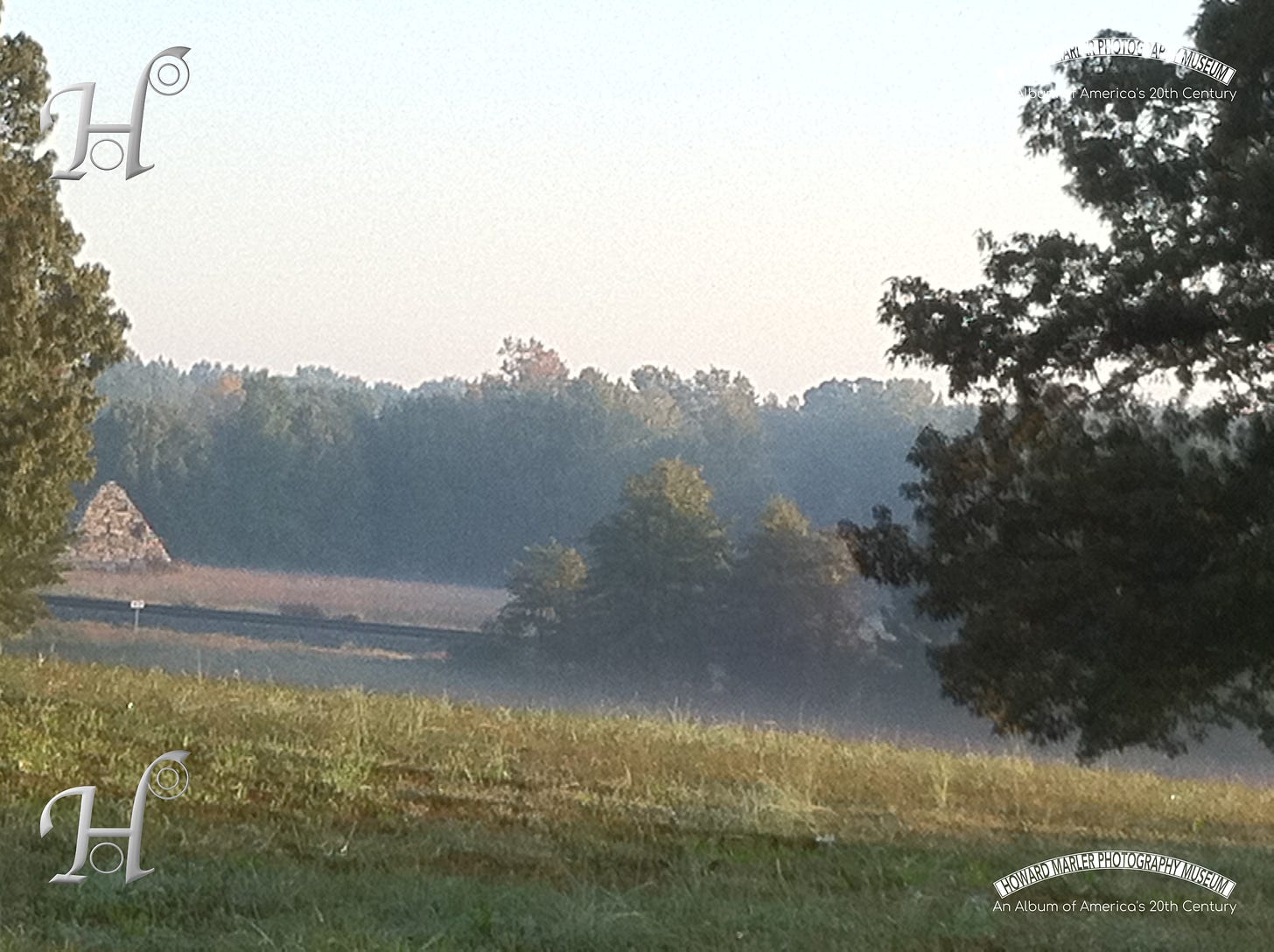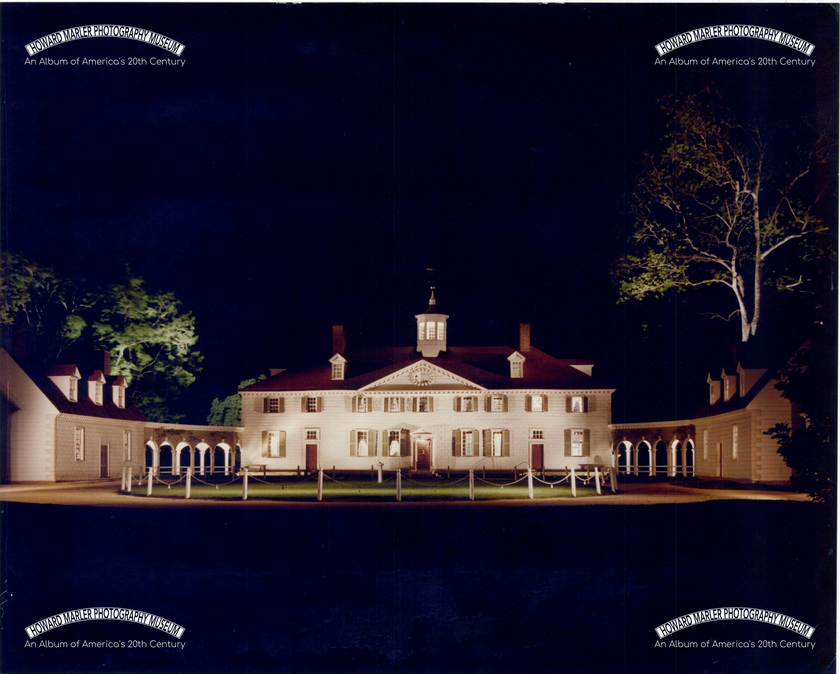February 12 is the birthday of President Abraham Lincoln who was our first frontier president and was mostly self-taught. Lincoln was educated mostly by reading Shakespeare and the Bible and a set of books he acquired in a trade. Through these books, he learned what the world was like beyond the horizons. The rail splitter president received some rudimentary education from reading from the classics and studying law between the labors necessary to make a living. His words display both a degree of familiarity with the wisdom of preceding generations mixed with the current common sense of the frontier log cabin-dwelling farmer. During his life, he fought three wars; The American Civil War between North and South, the near war between East and West, and the war of racial prejudice. The first war he won ended at Appomattox Courthouse, the second war he won laid the foundation for preventing future conflicts, and the third war he won was a personal victory because he was unable to win it for everyone (it must be won individually).
Abraham Lincoln is best remembered for fighting the Civil War and for issuing the Emancipation Proclamation. Often forgotten are the Lincoln Douglas Debates, and his involvement in the building of the Transcontinental Railroad. His greatest achievement given the prejudices of his time is his ability to treat the liberated slaves he met as equals; Frederick Douglass always remembered that Lincoln treated him as he did every other man, shaking hands and conversing as equals.
In the Lincoln-Douglas Debates, we see the idea presented by Lincoln that all me are men regardless of color. He concludes that treating any man as livestock is completely inappropriate. He also points out that one puts a leash on a dog but not a man, one hitches a horse to a cart but not a man, etc, this is because a man is a different kind of creature. He then challenges Douglas to defend the practice of slavery. This idea led to a misunderstanding; that the Republican Party would seek to bring about an immediate end to slavery. Rather they had in mind putting the nation on a path to exterminate the practice by finding better ways to achieve the nation’s economic needs. The emotions that charged the issue however led to an impasse that created a separate and distinct culture and nearly a different nation between north and south. Issues of federalism and state autonomy were used to defend and attack by both sides and the entire issue had by the 1840s become a nearly religious belief for both sides. In the decade before the election of Lincoln there had been violence and killing in several areas over the issue and war was on the horizon.
Lincoln had for nearly three decades been in touch with Grenville Dodge who had proposed the route along the Platte River for a transcontinental railroad to connect east and west. Among the reasons that Dodge advanced for these routes were the pioneer trails, Both Oregon and the Mormon trails used the Platte River for the easy grade that led up to the foothills of the great divide. The chief reason for the building of a railroad was to connect east and west and prevent the cultural war threatening to become an actual war between north and south. When congress finally approved funding and federal assistance for the railroad Lincoln told members of Both the Union Pacific and the Central Pacific that one of his dreams was to see the entire country from the new railroad, some sources indicate he even wanted to learn to operate a locomotive.
One often unheard story tells how in the winter after the December 1862 battle at Fredericksburg Virginia; President Lincoln took his son Tad along to inspect the army. Tad wanted to see a rebel so they took a flag of truce and yelled a conversation across the Rappahannock River, between the President and a Confederate officer.
Another is the Presidential visit to the forts which surround Washington D.C. to protect it from southern attacks. On this particular day, Confederate General Jubal Early attacked the forts in the area where Lincoln was inspecting. During the battle, the president climbed up on the parapet to see the battle. Picture this for just a moment the president in his top hat standing on the wall of a fort with bullets and cannon balls flying around him. A soldier grabbed him and threw him down saying: “Get down you damn fool what do want to get killed for!” Lincoln is reported to have laughed off the incident.
In 1865 with peace arriving and his goals looking possible Lincoln went to Ford’s Theater and saw the play Our American Cousin during the play he was shot by an actor named John Wilkes Booth. Sadly he did not live to see the fruits of his labors in the reconstruction, the railroad, or the integration of racial equality.
We see his legacy today in the monuments to the man who fasted and prayed for the end of the war, wept for the slain of both sides, and tried to make one nation out of two very different cultures. Who tried to meld black and white into one nation and sought to bring peace and liberty to all. We should honor him and remember his legacy.
Also, this week is Valentine's day which the gentlemen reading should remember, although the origins are somewhat murky. There are as far as I could find two saints named Valentine both lived at about the same time. The two most prominent legends may be eighteenth or nineteenth-century additions they are: 1) that Valentine healed the jailer's blind daughter and sent her the first notes signed by your Valentine. And 2) That Valentine was a Bishop who wore a ring displaying the cupid and an amethyst stone which allowed couples to recognize him as Valentine the Christian Bishop who would marry them.
Unfortunately, neither account can be authenticated before the 1700s; when the day began to change from being a religious memorial to being a day dedicated to romance. My best advice is to enjoy your favorite and not worry about which is the oldest etc.
Last we have some trivia questions:
1.) Can you name the first Union Army General to state that Black men should be allowed to serve in the Army and to provide them with arms and training?
2.) How many children did the Lincolns have and how many lived to adulthood ( consider giving yourself a bonus if you know their names)?
3.) What do these individuals all have in common: Winfield Scott Hancock, Frederick Douglass, Teller (of Penn and Teller), and Jack Benny?
4.) What do this group have in common (note not the same as the previous question): John Dickinson, William Tecumseh Sherman, and Frederick Lowe?
Answers to be posted Soon!
